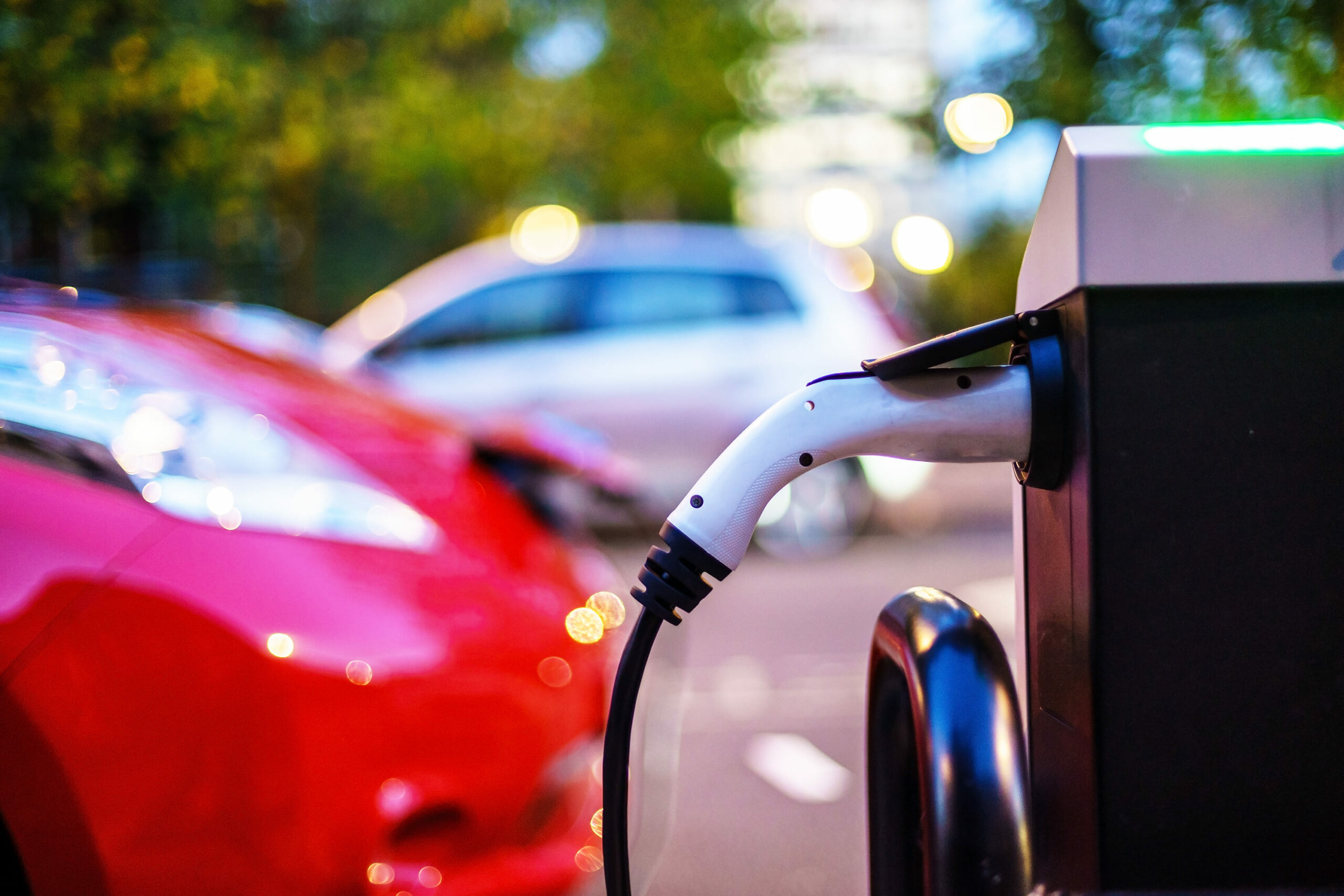For many motorists, motorway service stations offer a great deal of convenience, whether you are on a long journey with young children or using your vehicle for lengthy business journeys. The convenience of these locations providing food and coffee, toilet, and changing room facilities is invaluable, saving drivers the need to deviate off their route.
Ignoring the price of fuel, which is typically more expensive at these foecourts, they would naturally seem like an obvious place to be investing in electric vehicle charging stations. While many of them now have chargers installed, the variety of brands or CPOs (Charge Point Operators) available at motorway service stations has been somewhat limited.
What is a CPO?
A CPO is a customer-facing brand at the electric vechiole charging location. It is like the brand you see at the fuel forecourt and is the equivalent of saying you went to the “Esso” garage today.
The background of CPO motorway contracts
The Electric Highway was established in 2011 by the green energy provider Ecotricity, and whilst they sold their Electric Highway in June last year to GRIDSERVE, customer reviews and experiences of historic Ecotricity chargers were far from complimentary. Their app has an average rating of 1.5 stars, and a quick scan of the reviews will show you what early EV adopters thought of their chargers and network.
Whilst some motorway service stations have been investing in Tesla charger hubs, currently, in the UK, you cannot use a Tesla supercharger without driving a Tesla.
For non-Tesla EV drivers, the only other option for some time at most motorway locations has been the historic Ecotricity Electric Highway chargers. Whilst GRIDSERVE is upgrading a lot of the legacy chargers from Ecotricity, there has been criticism that the upgraded units no longer have Type 2 connectors, so cars like the popular Renault Zoe cannot utilise these new sites.

Changes from the Competition Market Authority
There is, however, some good news as the UK transitions to more EV’s. The Competition and Markets Authority (CMA) unlocked the electric vehicle charging competition in March. The CMA has now secured commitments from GRIDSERVE not to enforce rights in contracts with Extra, MOTO, or Roadchef after 2026. In doing this, GRIDSERVE has committed to reducing the length of the exclusive rights in the current agreements with MOTO by around 2 years and Roadchef by around 4 years (the agreement with the third operator, Extra, is due to end in 2026).
Equally, they have agreed not to enforce exclusive rights at any Extra, MOTO, or Roadchef sites that are granted funding under the UK government’s Rapid Charging Fund (RCF). In such cases, competitor chargepoint operators will be allowed to install charge points regardless of the exclusivity in The Electric Highway’s contracts.
You can read more about these changes here.